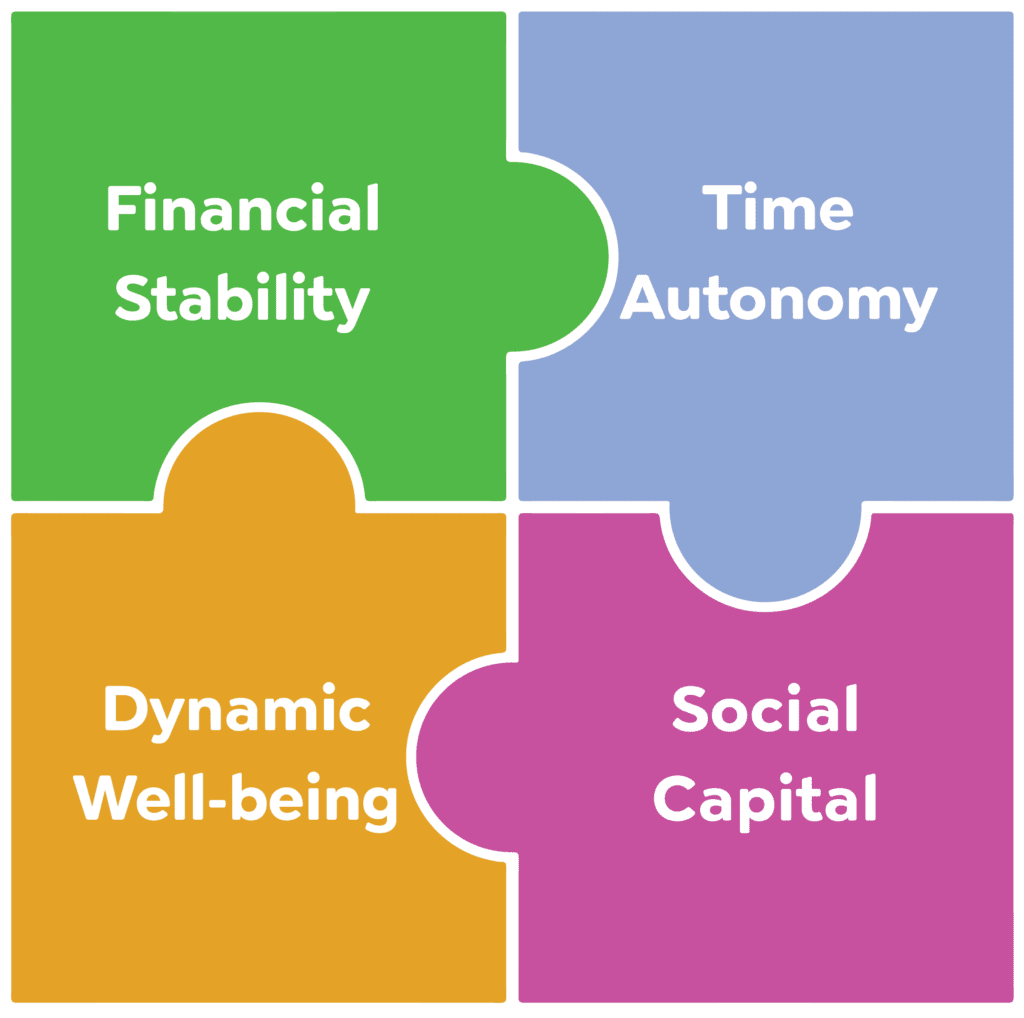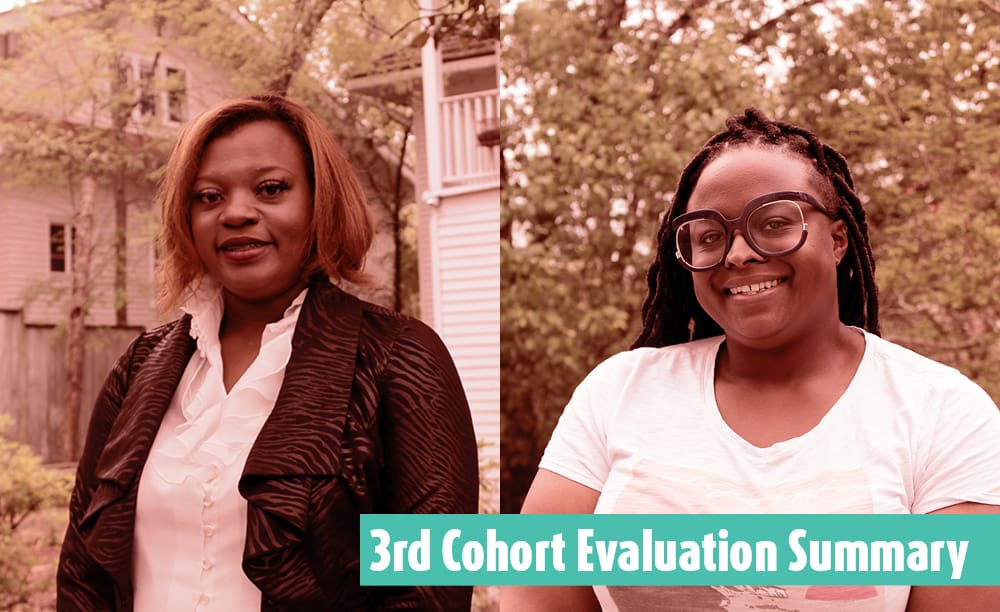We are delighted to announce that our CEO, Aisha Nyandoro, has been named by The Heinz Family Foundation a recipient of the prestigious 29th Heinz Award in the Economy category.
Established by Teresa Heinz in 1993 to honor the memory of her late husband, U.S. Senator John Heinz, the Heinz Awards celebrates the accomplishments and spirit of the Senator by recognizing the extraordinary achievements of individuals in the areas of greatest importance to him by recognizing individuals for their contributions in the areas of the Arts, the Environment, and the Economy.
We are thrilled to see Aisha’s leadership in the national guaranteed income movement and her dedication to developing programs that improve the quality of life for families and support their goal of exiting poverty recognized on such an important platform. We are grateful for the opportunity for the stories and wisdom of our families to be elevated through this award.
As Aisha said herself, “My work may seem like it’s solely about financial security, but that is only one piece of the puzzle. What I’m really aiming to do in providing Black women experiencing poverty with resources is to shift deeply held, harmful narratives about who is deserving of dignity and trust in this country. That goal not only informs how our policies are shaped, but it is also transformative for the individual. Mothers in this program believe in themselves, because it is the first time someone has believed in them. And that is invaluable.”
Please join us in congratulating Aisha! You can read more about the Heinz Award and the other recipients at the link below.




